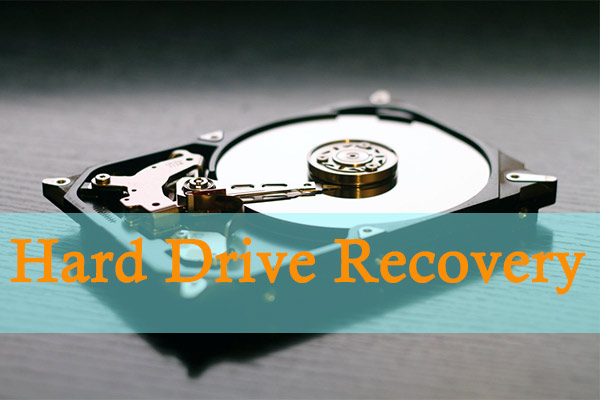The hard disks of your computer hold a wealth of information. The loss of a hard disk may be disastrous. Understanding the sorts of issues that might damage your drives can put you in a better position to remedy the problem and recover your data. The various ways for recovering your lost data will be determined by the kind of trouble your hard disk is facing.
What Are the Most Common Types of Hard Drive Issues?
Hard drive difficulties may be divided into two types: those caused by physical issues and those caused by logical issues. Logical issues impact the data on the disk and may be rectified using a variety of recovery techniques. Native operating system features and data recovery software apps are examples of this. When physical faults are to blame for a failing disk, you may need to seek professional help to hard disk data recovery.
Let’s look at the many sorts of difficulties that might occur with a hard disk and how they can be fixed. We’ll talk about both internal and external hard disks.
Common Hard Drive Problems
Unfortunately, there are no computer kinds that are immune to data loss and disk difficulties. PCs made by Dell, HP, Asus, Acer, and Lenovo are just a few examples of Windows compatible computers that might suffer from hard drive problems. You may also have issues with Apple Macs and MacBooks. In general, if your computer has a hard drive, there is a probability that the device may ultimately fail.
Here are some of the most prevalent hard drive problems, which often result in a logically or physically damaged hard disk.
- Clicking noises – When your drive is in operation, it may be encountering issues with the read and write heads, which may have been misaligned due to wear and tear or an accident.
- Read/write heads that are dead, ripped, or damaged – A broken read/write head prevents the disk from accessing data or saving fresh information.
- Platter damage – A damaged or warped platter will cause a partial or complete drive failure. If the scratch is not too extensive, some data may be recoverable.
- Failure of the motor that drives the platter and read/write mechanism – The motor that drives the platter and read/write mechanism might fail. The drive will be inoperable until the motor is replaced.
- Accidental file deletion – Deleting files by accident is a typical problem that may occur for a number of reasons. The deleted files and folders should be recoverable using HDD data recovery.
- Reformatting – Formatting the incorrect disk inadvertently may wipe away a substantial amount of data in the blink of an eye. When conducting a formatting action, take care to verify that the right target is in scope.
- Heat, moisture, and physical impacts may all cause physical harm to your hard disk.
How to Use a Data Recovery Service to Recover Data
If physical damage is the source of your data loss problems, calling a data recovery agency is your best bet. If you can’t access the device, you won’t be able to utilize data recovery software, but professionals at a recovery facility will be able to clone the disk and retrieve your data. The relevance of the lost data may affect your decision to call a recovery service. If it is important to you, contacting a recovery agency is a wise decision.
Here are some renowned data recovery businesses that will manage your damaged hard disk and recover as much data from it as feasible. They will all attempt to recover your data and will not charge you if they are unable to do so.
What to Look for in a Data Recovery Service
Any sort of disk that needs its data recovered may be handled by a reliable data recovery service. This includes the following:
Internal hard drives in laptops; Internal drives in desktop computers; External hard drives; Hard disk drives; Solid-state drives
Data recovery services should be able to retrieve data from any manufacturer’s hard disk device. Some providers may have certificates indicating better knowledge with certain hard drive brands. A data recovery service will take drives from Seagate, Western Digital, Toshiba, Samsung, LG, Sony, and other manufacturers.

